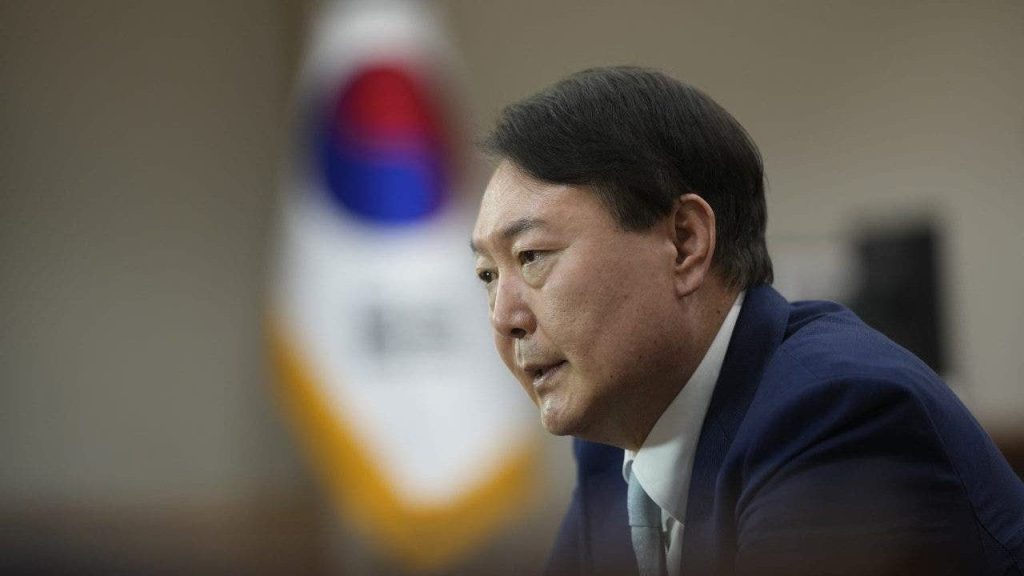A South Korean court has issued arrest warrants for impeached President Yoon Suk Yeol as part of a criminal investigation into his declaration of martial law earlier this month. This is the first time a sitting president in South Korea has faced arrest, marking a significant development in the country’s political turmoil. Yoon’s martial law decree, which was quickly overruled by the National Assembly after about six hours, prompted accusations of rebellion and treason, which carry severe penalties under South Korean law. Yoon has been suspended from office and faces potential prosecution for his actions.
Yoon’s declaration of martial law followed a period of intense political conflict, during which he struggled to push his agenda through the opposition-dominated parliament. The move was widely criticized as unconstitutional, leading to protests both in opposition and in support of Yoon. After the parliament rejected the martial law decree, lawmakers moved to impeach the president, ultimately succeeding on December 14. Yoon’s impeachment can only be finalized if it is upheld by the constitutional court, which has become a key focal point of the ongoing political crisis in South Korea.
Yoon’s former defense minister, Kim Yong-hyun, has already been detained and indicted on charges of insurrection and abuse of power related to the martial law declaration. Meanwhile, new acting President Choi Sang-mok has taken over the investigation into the deadly Jeju Air plane crash, which killed 179 people. The plane landed without its front landing gear deployed, overshot the runway, and burst into flames upon impact. The investigation into the crash adds another layer of complexity to the country’s current challenges, as South Korea grapples with both political instability and a major aviation disaster.
The warrants issued for Yoon’s arrest also authorized searches of his office and residence in central Seoul. Yoon’s lawyer has criticized the warrants as invalid and illegal, and it remains unclear when authorities will proceed with their execution. Yoon, whose whereabouts are currently unknown, has been banned from leaving the country. Despite his presidential immunity from most criminal prosecutions, the allegations of rebellion and treason against him put him in a precarious legal position. The upcoming hearing in Yoon’s Constitutional Court case on Friday will be a critical moment in determining his political future.
The impeachment of Yoon as president has triggered a cascade of political consequences, including the impeachment of Prime Minister Han Duck-soo for failing to fill three vacant justice seats on the constitutional court. Adding more justices to the court could potentially increase the likelihood of Yoon’s impeachment being upheld, as it would require support from at least six justices. The political landscape in South Korea remains fluid and uncertain, with the ongoing investigations and legal proceedings shaping the country’s future direction. The outcome of Yoon’s case and the fallout from his impeachment will have far-reaching implications for the stability and governance of South Korea moving forward.


